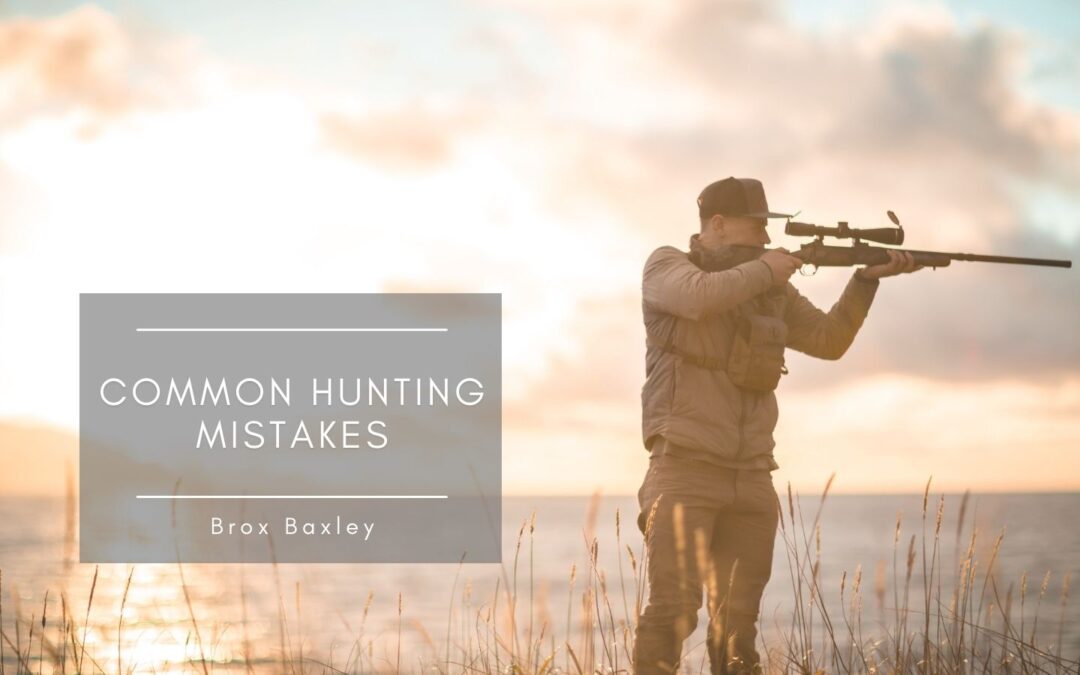The thrill of the hunt has captivated humanity for millennia, serving as a connection to our primal roots and a testament to our position atop the food chain. But hunting is no longer just about survival, especially in modern times. It’s about respect for nature, understanding ecosystems, and sometimes camaraderie among fellow hunters. As hunting has evolved, so too have the
techniques and methods that ensure a successful expedition. However, even the most experienced hunters can fall prey to common mistakes out of habit or oversight. These errors can affect the success rate and the safety and ethical standards of the hunt.
Lack of Preparation
One of the most common mistakes hunters make is being ill-prepared for their expedition. This can manifest in several ways. Not scouting the area beforehand can result in unfamiliarity with the terrain or the game habits being pursued. Neglecting weather forecasts might leave a hunter underdressed or in dangerous conditions. Even forgetting essential gear, like a first-aid kit or sufficient water and food, can turn a hunt into a survival situation. Not practicing enough with one’s weapon, be it a bow or firearm, can lead to missed shots or, worse, wounded animals that suffer needlessly. Proper preparation is paramount to a successful, ethical, safe hunting trip.
Being Impatient
Hunting is as much a game of patience as it is of skill. Many hunters, especially novices, often become impatient after long hours of waiting without spotting their target. This impatience can lead to rash decisions, such as moving to a new spot too soon or taking a risky shot with low chances of success. Moreover, constantly shifting and making noise decreases the chances of encounters. Animals have keen senses and can detect the slightest disturbances. Hunters need to remember that sometimes, the most successful hunts result from patiently waiting and allowing the game to come to them.
Neglecting Safety Precautions
Safety should always be a hunter’s top priority. However, some overlook fundamental safety precautions, leading to potential hazards. Not wearing bright-colored clothing, especially during big game seasons, can make a hunter indistinguishable from wildlife, increasing the risk of accidental shootings. Another common oversight is not verifying what’s beyond a target before shooting. A stray bullet or arrow can travel significant distances, threatening others. Lastly, not informing someone about the hunting location or not carrying communication devices can be perilous if a hunter faces an emergency. Regularly revisiting and adhering to safety guidelines is non-negotiable for a responsible hunter.
Hunting, as an age-old activity, offers a unique blend of challenge, excitement, and connection with nature. Yet, as with any endeavor, it is susceptible to mistakes that can mar the experience. Hunters can significantly mitigate these common errors by being well-prepared, exercising patience, and prioritizing safety. Embracing continuous learning and reflecting on one’s actions in the field can further refine the hunting experience. After all, at the heart of every hunt is not just the pursuit of game but the pursuit of mastery over one’s skills and instincts.

